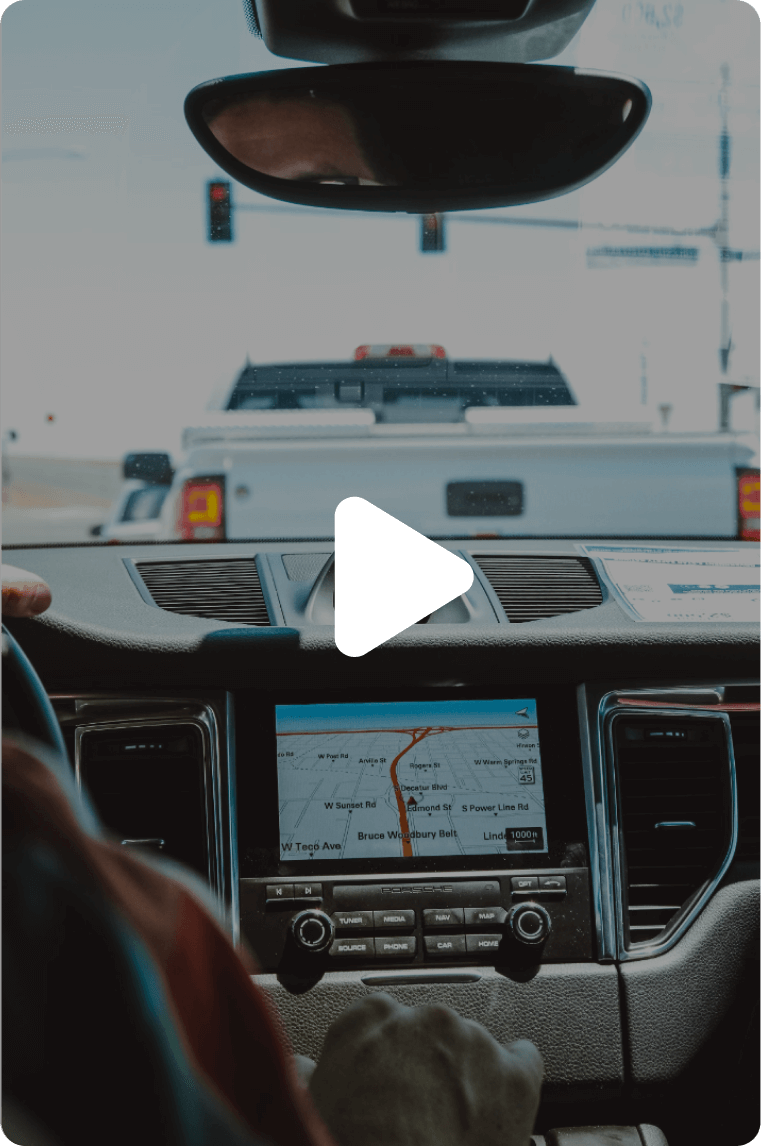Do You Need a License to Drive a Golf Cart in Florida?

When you think of Florida, you might picture sandy beaches, retirement communities, or bustling coastal towns. One common sight in many of these areas is golf carts zipping around neighborhoods, resorts, and even designated public roads. However, with the increasing popularity of golf carts, Florida has implemented new regulations to ensure safe operation. If you’re wondering whether you need a license to drive a golf cart in Florida, the answer isn’t as straightforward as it used to be. Let’s break it down.
Florida’s New Golf Cart Laws: What Changed?
As of July 2023, Florida introduced updated rules for operating golf carts, bringing more clarity—and restrictions—on who can legally drive them. These changes are designed to promote safety, especially as golf carts become more common in communities.
Age and Licensing Requirements
Florida’s new rules focus on the age of the driver and whether they possess a form of identification or license. Here’s how it works:
- Under 18:
- Drivers aged 15 must have a valid learner’s permit.
- Those 16 or older must hold a valid driver’s license.
- 18 and Older:
- Adults are required to carry a valid government-issued photo ID.
These changes aim to prevent minors without any driving experience from taking the wheel, ensuring a safer experience for everyone on the road.
Where Can You Drive a Golf Cart in Florida?
Where you can take your golf cart in Florida depends on a few key factors, including road speed limits and local regulations. While these vehicles offer convenience and fun, only some roads are open to them. Let’s look at the specific restrictions to help you stay on the right path.
Road Restrictions
Golf carts aren’t allowed everywhere in Florida. Here are the general guidelines for where you can take them:
- Speed Limits: Golf carts are restricted to roads with a speed limit of 35 mph or less.
- Designated Areas: Local governments designate specific roads for golf cart use. These roads are clearly marked, often within residential communities or near resorts.
LSVs vs. Golf Carts
It’s important to understand the difference between golf carts and Low-Speed Vehicles (LSVs):
- Golf Carts: Typically travel at speeds under 20 mph and don’t require registration or insurance.
- LSVs: Equipped to reach speeds up to 35 mph and must be registered, insured, and driven by someone with a valid driver’s license.
If your cart exceeds 20 mph, it’s likely classified as an LSV, which comes with additional requirements.
Don’t Forget Local Ordinances
State laws provide the foundation, but local governments may impose stricter rules on where and how golf carts can be driven. Always check your community’s specific guidelines to avoid fines or other penalties.
Golf Cart Safety
Even with a license or permit, operating a golf cart safely should always be a top priority. Here are a few practical tips to keep in mind:
Safe Driving Practices
- Stick to Designated Paths: Don’t venture onto high-speed roads or areas without proper signage.
- Watch for Pedestrians: Always yield to people on foot, especially in busy areas.
- Control Your Speed: Even though golf carts are slower than cars, they can still cause injuries if driven recklessly.
Use Safety Equipment
- If your golf cart has seat belts, make sure everyone wears them.
- Drive with headlights or taillights if operating at night.
Protect Kids
If children are riding along, ensure they’re seated properly and not hanging off the sides. Some carts may also require child restraints based on local rules.
Avoid Distractions
- Put your phone away while driving.
- Keep both hands on the wheel and stay alert.
DUI Laws Apply
Florida’s DUI laws extend to golf carts, so avoid driving if you’ve been drinking. Even a leisurely ride around the neighborhood can lead to legal consequences if impaired.
What to Do If You’re in a Golf Cart Accident?
Unfortunately, accidents involving golf carts do happen. Knowing how to handle the situation is crucial for protecting yourself and others.
Immediate Steps
- Check for Injuries: Make sure everyone involved receives medical attention if needed.
- Contact Authorities: Call law enforcement to document the accident.
- Gather Evidence: Take photos of the scene, get witness contact information, and exchange details with others involved.
Get Legal Help
If you’re injured in a golf cart accident, reaching out to a personal injury attorney can make all the difference. Legal professionals can:
- Investigate the accident thoroughly.
- Help you understand your rights.
- Deal with insurance companies to ensure you receive fair compensation.
Injured in a Golf Cart Accident? Let Us Help
At The Dashcam Lawyer®, we know how quickly life can change after an accident. Whether you’re facing medical bills or lost wages, we’re here to help. With experience handling personal injury cases, including golf cart accidents, we’ve supported clients across Florida.
Contact us today for a free consultation by phone at 561-561-DASH, and let us help you pursue the compensation you deserve.
Looking for an accident Lawyer in Palm Beach County?
Start Your Free
Consultation Today
Call us or complete the form below.
We'll keep your information confidential.
Palm Springs Office
Belle Glade Office
By appointment only
Download Our Personal Injury App Today
Our app serves as a checklist for any type of injury and is especially beneficial at the scene of the accident - like having a personal injury attorney there with you!

